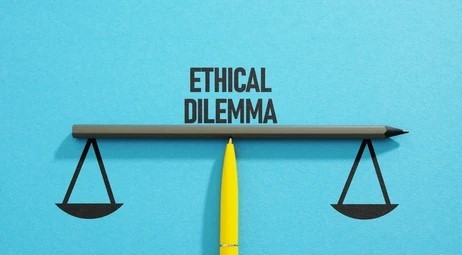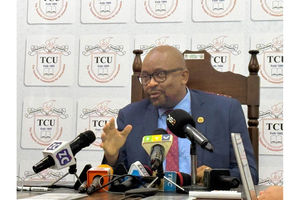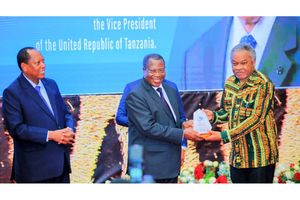A strict code of ethics should be drawn up
What you need to know:
No wonder lowly civil servants treat members of the public with disdain. They know that despite the public (the taxpayers) being their employer, their seniors will not make them accountable.
One of the everlasting legacies of our founding father, Mwalimu Julius Kambarage Nyerere, was setting high moral standards for leadership. His worldview was that political leadership was a high calling that required the highest morals for office bearers. During his administration, there was a national code of ethics, later on espoused by the Arusha Declaration.
The masses knew what to expect from their political leaders and civil servants. The public good was the supreme guidance for leaders’ actions. What a sweet history!
Mwalimu Nyerere knew that ethical leadership was capable of ensuring that national interests would be the torch in making and executing goals for effective administrative or development.
Many times Mwalimu Nyerere explained that ethical leadership and values must guide social, political, economic and cultural development.
Today, in contrast, some of those at the helm of leadership - political and civil servants, behave in the way they want, and in direct contempt of public good.
It is most disgusting to hear a serving judge or any one with the title of a judge call another human being tumbili (monkey).
No matter how one is provoked, there are insults we never expect to hear from current or past members of the Judiciary. The nation expects the highest moral standards from present and past members of that very important arm of government; otherwise, how can they make sober judgements when they cannot control their feelings ?
If a high-ranking government official, whether in the name of parliamentary privilege or not is allowed to get away with insults that we expect to hear from the ignorant and uneducated people, then we are a nation in trouble.
No wonder lowly civil servants treat members of the public with disdain. They know that despite the public (the taxpayers) being their employer, their seniors will not make them accountable.
In parliament, we have heard a leader saying “I don’t talk to a dog; I talk to the owner of the dog,” while referring to another leader. The ruling party leaders must know that it is expected of them to have higher moral standards than their opposition counterparts as they are the ones in power.
In the private sector, any one in a responsible position, no matter how provoked by a customer, would never hurl abuses. Every day, at colleges, banks, telecoms, there are some customers who provoke the workers by asking irritating questions or sometimes even abusing the customer care people.
They don’t hurl back the abuses. They take it in their stride and even if they have to call security, they don’t abuse the abusive customers. The same is to be expected of the public sector, but the opposite is true.
It is my humble feeling that time has come for the three branches of the government - the Executive, the Parliament and Judiciary to urgently introduce a code of conduct and make the documents public and anyone who breaks the code must pay the price. Else, we shall continue with the monkey business at the expense of national development.
I acknowledge some public institutions have codes of ethics but I think it’s necessary to have one code of ethics that guides the leadership at the three arms of the government. This should also be widely publicized as the current codes from different public institutions are largely unknown.
Do our leaders today inspire our young people to high moral grounds? Would a young woman or man who heard the ‘tumbili’ story aspire to become a judge or an attorney general?
According to Jack Weatherford, “If you can’t swallow your pride, you can’t lead. Even the highest mountain had animals that step on it.”He adds that “The first key to leadership is self-control.” Where do you think our leaders fit in here?




